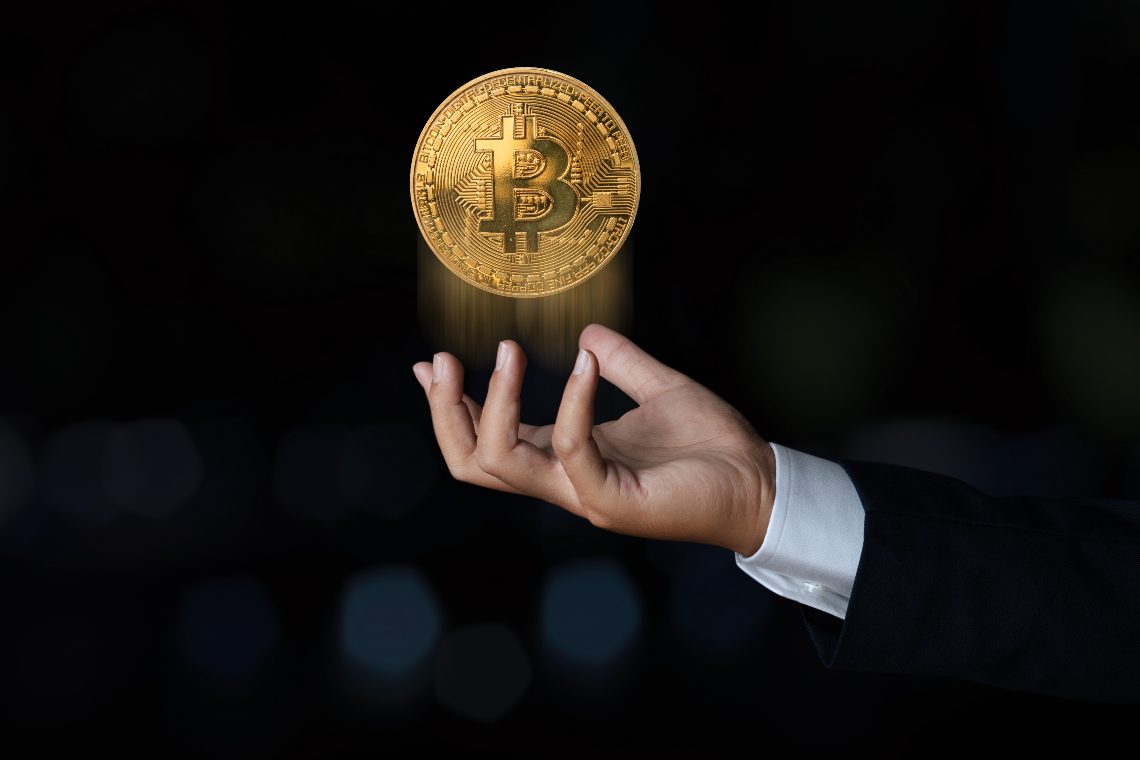How to start investing in bitcoin?
The first step to take would not be operational but rather informative, that is, to study its characteristics, but we will devote some more time to this activity later.
On the other hand, it is a unique financial asset and has never been seen before in the entire history of humankind. Therefore, the very first thing to do would be to deepen a little knowledge so that you can invest in an informed way.
In fact, some of its native and deep characteristics directly affect the evolution of its price (such as halving); therefore, only by knowing them it is possible to invest consciously.
That said, the first operational steps to start investing concretely in bitcoin are others.
Wallets for Bitcoin
First of all, it must be said that there are three different ways to acquire BTC – with BTC, we mean the real coin – and to own it first, you need a wallet.
There are two types of wallet, the proprietary ones, which allow you to have exclusive possession of the coins but require great care in keeping the seed or the private keys, or the so-called “custodian” ones, owned by an intermediary who manages them also taking the responsibility of keeping the private keys.
On bitcoin.org, there is an excellent guide to choose which wallet to use, suggesting only free wallets.
Actually, it would be better not to have just one wallet, both because it is not convenient to keep all the coins in one place and because different wallets have different features, and there is not one that has them all.
How to start buying Bitcoin
Once you have a wallet, you can choose one of three ways to acquire BTC.
The first is the simplest: buy them.
There are hundreds, if not thousands, of exchanges that allow users to sell and buy bitcoins among themselves.
There are also different types of exchanges, but you must be careful to choose the most reliable because often the exchange also acts as an intermediary, providing a wallet custodian, and if it is not reliable, you run the risk of losing all your coins held by the intermediary.
In addition, since any capital gains from buying and selling bitcoin may have to pay taxes, it is better to choose those that allow you to easily make all the calculations or provide all the data to make them.
Finally, it is easier to operate on those exchanges that are better tolerated by traditional payment systems, particularly by banks.
To tell the truth, the best thing would be not to rely on a single exchange, but to try different ones in order to choose the one that best suits your needs, because the registration is almost always free, and to access them you don’t even need to pay money.
Also, having multiple accounts on different exchanges helps to operate in times of particular traffic.
On buybitcoinworldwide.com, there is an interesting list of exchanges with their main features.
To start, you need to deposit fiat currency (e.g., dollars or euros) by bank transfer or credit/debit card on these exchanges. Only once the money is deposited you can proceed to the purchase of bitcoin.
The BTC purchased will be those offered for sale by other users who use the same exchange, not by the exchange itself, so the purchase price will have to be lower or equal to the minimum price at which some other user has offered them on sale.
That means that the purchase price can be very volatile, so it’s better to choose the right moment to buy them.
The second way is a bit more complex because it consists in getting paid in BTC instead of other currencies. You must keep in mind that people who own bitcoins often tend to keep them, so it is complicated to convince someone to pay you in bitcoins.
The third way is even more complicated, and that is to mine them through mining. By now, bitcoin mining has become so complex and expensive that it’s mostly the preserve of true bitcoin professionals.
Using one of these three ways, you can receive BTC on your wallet, and at that point, you have three other alternatives.
The most classic alternative is to hold them long-term as a risk-off hedge against inflation. In this case, it is sufficient to leave them on the wallet, preferably on a wallet of property of which you have the exclusive possession of the seed and private keys.
The second alternative is to spend them, i.e., to use them to pay for a purchase. However, it must be said that the deflationary nature of bitcoins is often a solid disincentive to spend them, but no one forbids you to use them for this purpose.
Moreover, nowadays, many exchanges offer Visa or Mastercard debit cards that allow you to exchange bitcoins into fiat currency at the time of payment so that you can spend them almost anywhere.
The third alternative is to resell them, for example, on the same exchange you purchased them, but with the reverse process. Obviously, the selling price will be the one that another user will be willing to pay to buy them.




